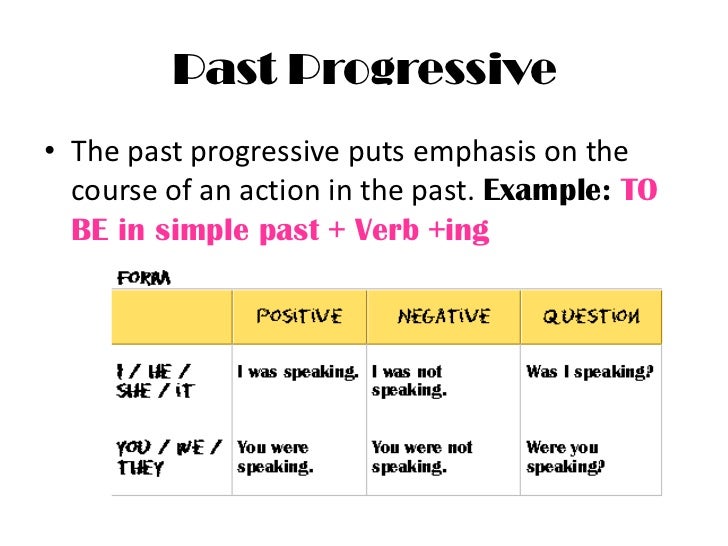INPUT DEVICES:
https://www.english-online.org.uk/comp/comp6.htm
OUTPUT DEVICES:
https://www.english-online.org.uk/comp/comp12.htm
STORAGE:
https://www.english-online.org.uk/comp/comp19.htm
Entorno virtual del módulo de inglés para el alumnado de 1º CFGS SISTEMAS INFORMÁTICOS EN RED Y APLICACIONES WEB, del IES Las Galletas.
Wednesday, 10 November 2021
Wednesday, 3 November 2021
PAST SIMPLE
-
Ayer no terminamos la copia de seguridad.
-
La semana pasada formateamos todos los equipos de la oficina.
-
¿Comprobaste que la impresora estaba conectada al ordenador?
-
¿Hiciste copia de seguridad de todos tus documentos e imágenes?
-
¿Enviaste el correo hace dos días?
-
El año pasado creamos un programa para las empresas de la isla.
-
Nuestra empresa no pagó las licencias.
-
Nosotros no recibimos ningún mensaje ayer.
Women in computers.
READING: https://www.usingenglish.com/comprehension/30.html
Ada Lovelace


http://www.imdb.com/video/screenplay/vi3893036825/
(From Wikipedia)
Augusta Ada King, Countess of Lovelace (10 December 1815 – 27 November 1852), born Augusta Ada Byron, was an English writer chiefly known for her work on Charles Babbage's early mechanical general-purpose computer, the analytical engine. Her notes on the engine include what is recognised as the first algorithm intended to be processed by a machine; as such she is regarded as the world's first computer programmer.[1][2]
She was the only legitimate child of the poet Lord Byron (with Anne Isabella Milbanke), but had no relationship with her father, who died when she was nine. As a young adult she took an interest in mathematics, and in particular Babbage's work on the analytical engine
Ada Lovelace


http://www.imdb.com/video/screenplay/vi3893036825/
(From Wikipedia)
Augusta Ada King, Countess of Lovelace (10 December 1815 – 27 November 1852), born Augusta Ada Byron, was an English writer chiefly known for her work on Charles Babbage's early mechanical general-purpose computer, the analytical engine. Her notes on the engine include what is recognised as the first algorithm intended to be processed by a machine; as such she is regarded as the world's first computer programmer.[1][2]
She was the only legitimate child of the poet Lord Byron (with Anne Isabella Milbanke), but had no relationship with her father, who died when she was nine. As a young adult she took an interest in mathematics, and in particular Babbage's work on the analytical engine
Subscribe to:
Comments (Atom)
